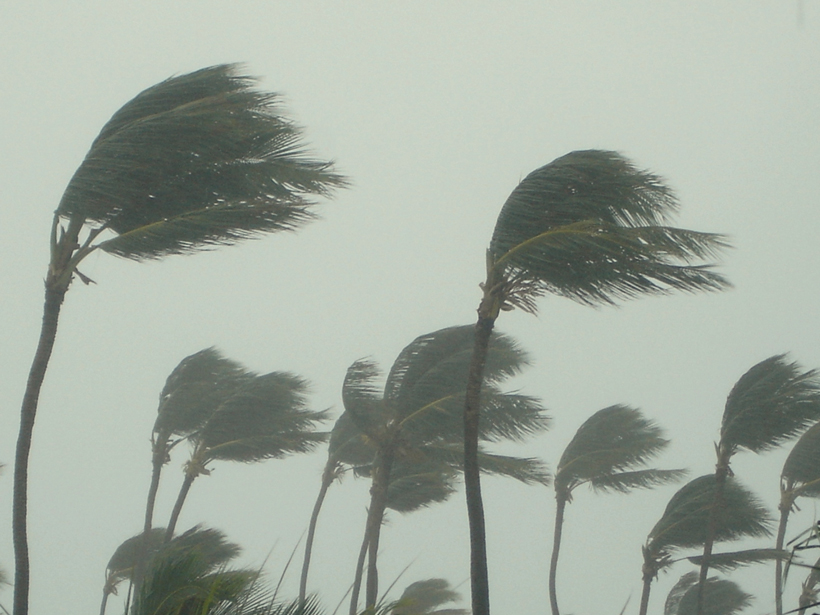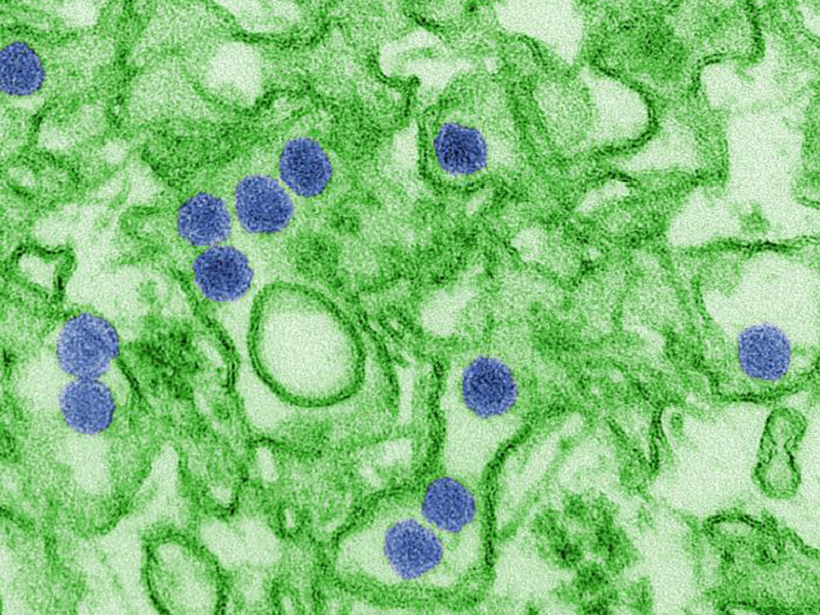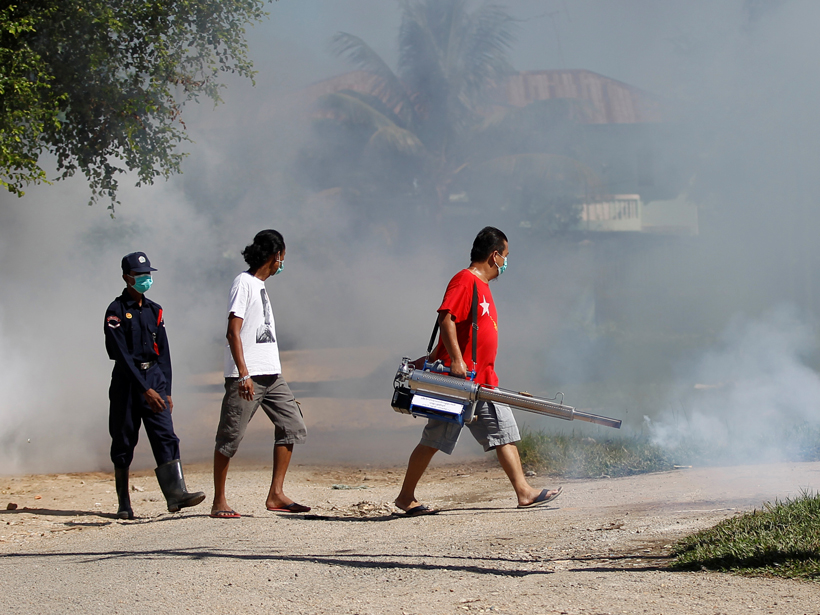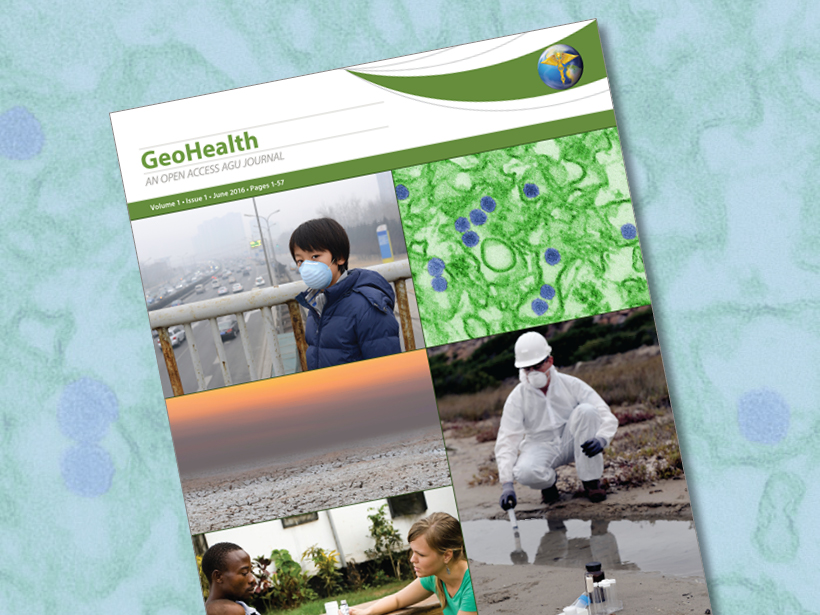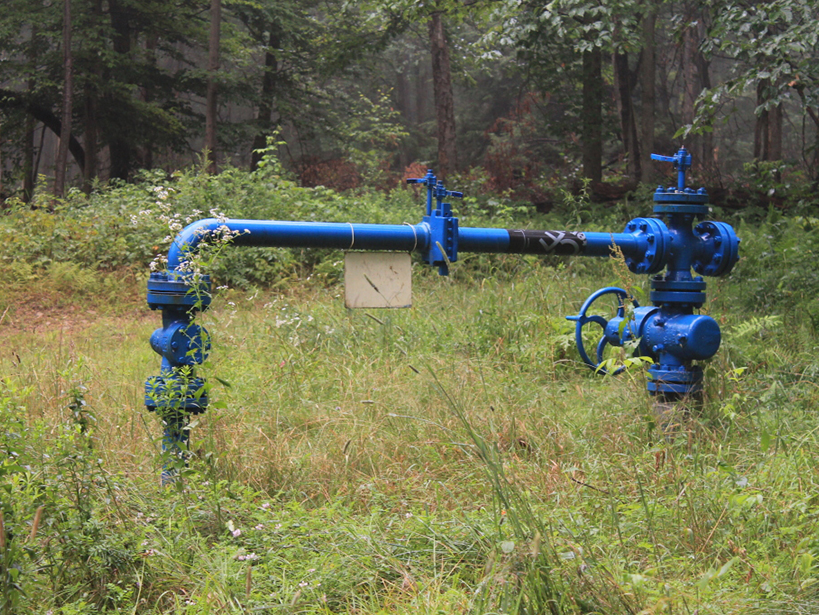An industry group says recycling coal ash, the second-largest U.S. waste stream, helps the environment and economy. Recycling has a role but also raises concerns, environmentalists argue.
geohealth
Novel Air Pollution Study Gauges Individual Cyclists’ Risks
By attaching an array of instruments to bike commuters in New York City, researchers aim to evaluate ambient pollution amounts and doses at the level of an individual cyclist.
NOAA Officials Stress Hurricane Danger and Storm Safety
Agency scientists on a Hurricane Awareness Tour showcase NOAA research capabilities and warn that although winds can cause severe damage, the biggest killers are storm surges and inland flooding.
Plague Bug May Have Lurked in Medieval England Between Outbreaks
A new analysis of climate records in England and Europe’s Low Countries suggests that the disease-causing bacterium persisted in rodents between recurrences in people.
GeoHealth: Connecting Earth, Ocean, Climate, and Health Sciences
AGU’s newest journal, GeoHealth, welcomes papers on a wide range of issues relating to how environmental change is affecting the health and well-being of humans and other organisms on Earth.
Revived Climate Change Forum Focuses on Threats to Human Health
Public health and environmental organizations brought together by former vice president Al Gore held a pared-down meeting to replace a canceled one.
A Date Under the Stars? Maybe Not with Aerosol Injection
Injecting aerosols into the atmosphere on purpose could help cool Earth, but new research shows that it could also make the night sky brighter and negatively affect human health.
AGU Expands into Geohealth, Starting with New Journal
The journal GeoHealth, to be launched by the American Geophysical Union and Wiley, will disseminate research relating Earth and environmental sciences to human, agricultural, and environmental health.
What Happens to Methane That Leaks from Abandoned Wells?
Three-dimensional simulations suggest that some aquifers may be more vulnerable to contamination from leaky oil wells than others.
Groundwater Contamination in Karst Regions Affects Human Health
Karst, Groundwater Contamination, and Public Health: Moving Beyond Case Studies; San Juan, Puerto Rico, 27 January to 1 February 2016



